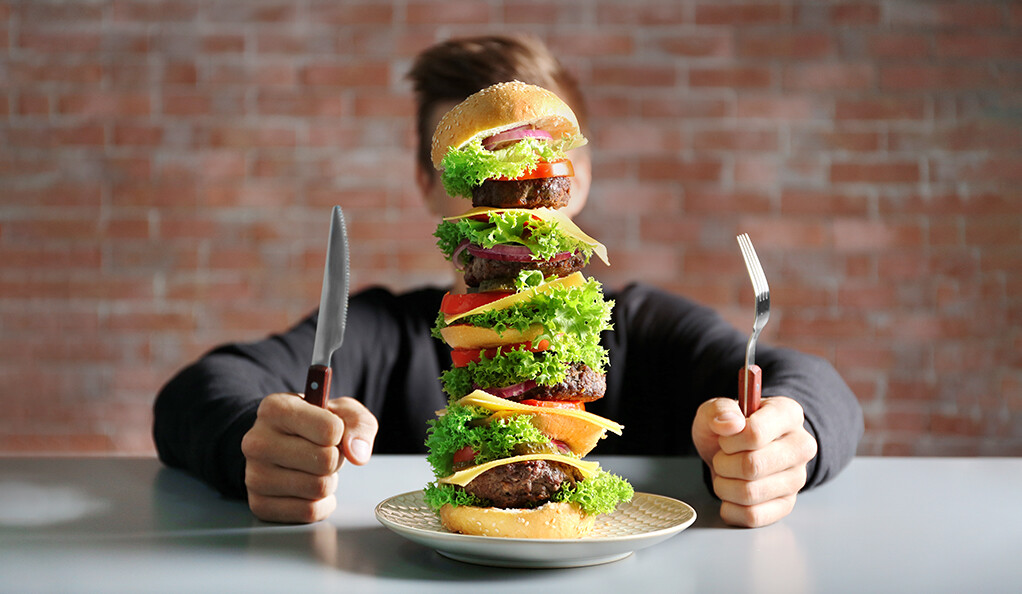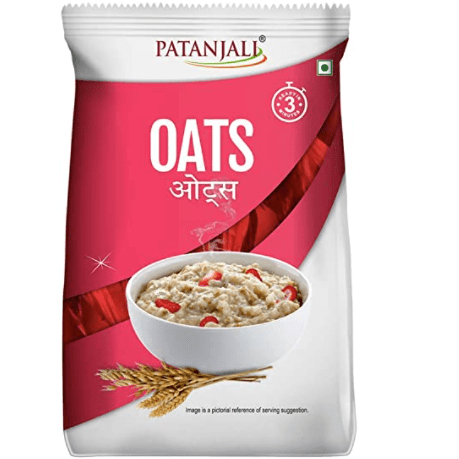A low-carb diet can help you lose weight and minimise your risk of insulin resistance and diabetes, according to research. It decreases calorie consumption by eliminating foods that humans are prone to overeat. Carbs also help to normalise blood glucose levels because they boost blood sugar.
When you go on a specific diet that prohibits particular foods, you may run across some difficulties. These blunders can derail your best intentions on a low-carb diet, from expecting results too fast to overindulging in other macronutrients to neglecting to plan. They don’t have to, though.
Low carb diets have been shown to be particularly beneficial for weight loss in numerous studies. However, like with any diet, people may stop losing weight before reaching their goal weight. This article examines ten frequent reasons why you may not be losing weight on a low carb diet — or may not feel like you’re losing weight.
Top 10 reasons Why Low Carb Diet Doesn’t Help You Lose Weight
1. You aren’t eating enough.

Many individuals believe that the secret to losing weight is simple: eat less. Less food equals less calories, which equals weight loss, right? But this isn’t always the case.
It’s possible that even if you skip a meal, you’ll make up those calories through snacks or subsequent meals, depending on what you’re consuming. Furthermore, if you don’t eat enough calories, your body may go into famine mode.
2. Not exercising

When you initially begin eating low-carb, the weight loss may make you believe that exercising is unimportant. However, getting active rather than remaining inactive will help you get the results you want and keep them long term.
You don’t have to spend a lot of money or even leave your house to do so. Many yoga sequences, as well as fitness DVDs, are simple to do at home. Even something as simple as going for a lengthy stroll with the dog after supper counts.
3. You set expectations really high
If you don’t see results as quickly as you’d want, don’t be discouraged. Weight loss takes time. In many circumstances, a weekly weight loss of 1–2 pounds is a reasonable target. Some people lose weight more quickly than that, while others take longer.
Even if you don’t lose weight right away, eating a good diet, eating less junk food, and exercising are all beneficial to your mental and physical health.
4. You have been cutting carbs for too long
Your metabolic rate may slow down if you consume at a calorie deficit for several months or years.
If you’ve been dieting for a while, attempt a two-month phase where you seek to maintain your present weight while also gaining muscle. This could aid in long-term weight loss.
5. Lack of planning
You’ll surely run into old habits that need to be replaced with new, healthy ones when you initially start a new way of eating, such as mindlessly hitting the vending machine. Taking a moment to analyse your habits is a positive beginning toward making changes. It’s especially crucial to prepare ahead for meals until your new habits become second nature.
Meal planning ahead of time and bulk cooking are also great strategies to ensure you always have food on hand. It’s also a good idea to keep low-carb snacks on hand. Non-perishable, low-carb snacks should be kept in your luggage, car, and office.
6. You’ve fallen into the trap of low-carb diet and sugar-free foods.
Low carb does not always imply low calories, but it frequently does when combined with high fat. One reason you might be having trouble losing weight on a low-carb diet is that you’ve succumbed to the labels indicating what you think you need, but you’re still eating too many fats or calories overall. Fat has a higher calorie density than carbs or proteins, containing nine calories per gram ingested. This adds up and might make it tough to lose weight or gain weight.
7. Overeating allowed foods

You may find yourself craving more of the macronutrients you aren’t restricting when you keep your carbohydrates low. Overeating meat and cheese have its own set of health dangers, as both foods are high in calories and can lead to weight gain. Low-carb doesn’t give you carte blanche to eat as much of these things as you like.
8. Avoiding fat-rich food
Healthy fats are an important part of a well-balanced diet. Despite the fact that the “low-fat” diet has been widely debunked and good fats have been proved to enhance everything from high cholesterol to brain health, the “low-fat” diet continues to remain popular.
These myths can persuade you to try a low-fat variant of a low-carb diet. If you’re burning a lot of your own fat, you might see effects right away. However, fat loss will eventually slow. If you don’t include some fat in your diet, you could become more hungry and hunger is the fastest way to sabotage a diet.
9. Not consuming enough fiber in your diet
Getting adequate fibre in your diet can be as simple as eating enough veggies and fruit. When you initially begin cutting out high-carbohydrate, high-fibre foods, you may experience gastrointestinal problems such as constipation and bloating. Adequate fibre can help prevent these symptoms.
Stock up on high-fiber flax and chia seeds, and also low-carb bran cereals like all bran, to help with constipation. Learn about high-fiber, low-carb foods and the many types of fibre you should consume every day.
10. Allowing Carbs to enter the diet
Although you may not gain weight right away, exceeding your unique carb limit can have additional consequences. You may experience increased cravings, feel hungrier, and eventually begin to recover weight.
Carb creep is a typical occurrence that you might not even be aware of. When you begin to notice something, it may be appropriate to go back to the basics for a few days to assist you to break the cycle.
To sum up
Everyone’s weight reduction journey is unique, and it takes time to lose weight.
When you aren’t losing weight as quickly as you would want, it might be discouraging. Even if you don’t lose weight right away, eating a good diet, cutting out bad foods, and exercising are all beneficial to your mental and physical health.


